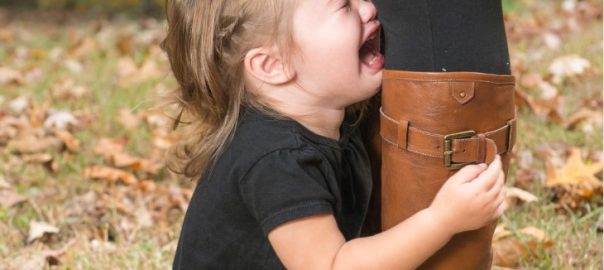
Instead of starting off the new year with resolutions you are likely to ignore, how about deciding to accept yourself and your kids just the way you are?
You might find that acceptance is much harder than setting unrealistic goals that keep you in a state of tension when you can’t meet them or control them in your children. The task is realizing that the only way for change to occur is to first accept yourself, quirks, problems, and all.
Acceptance is what you and your children need the most. If you’re reading this, I can guarantee that your children know you love them. But…do they know you accept them? Or do they think you wish they were different? Be in your child’s head for a minute and answer that question.
Acceptance has to do with the expectations you set—consciously or unconsciously. Do your kids think they meet up to your expectations or do they believe they can never be good enough for you? How about you? Do you believe you’re good enough?
When you know you are good enough,
















